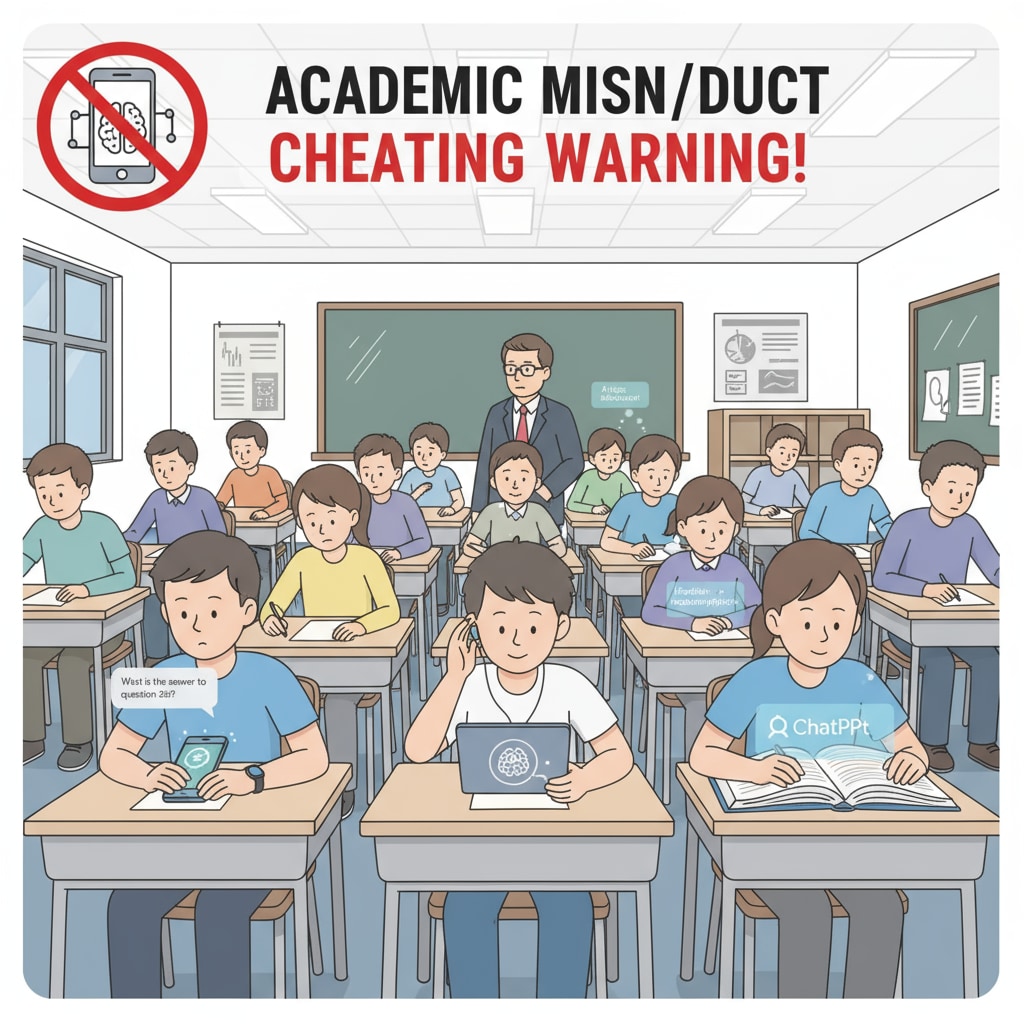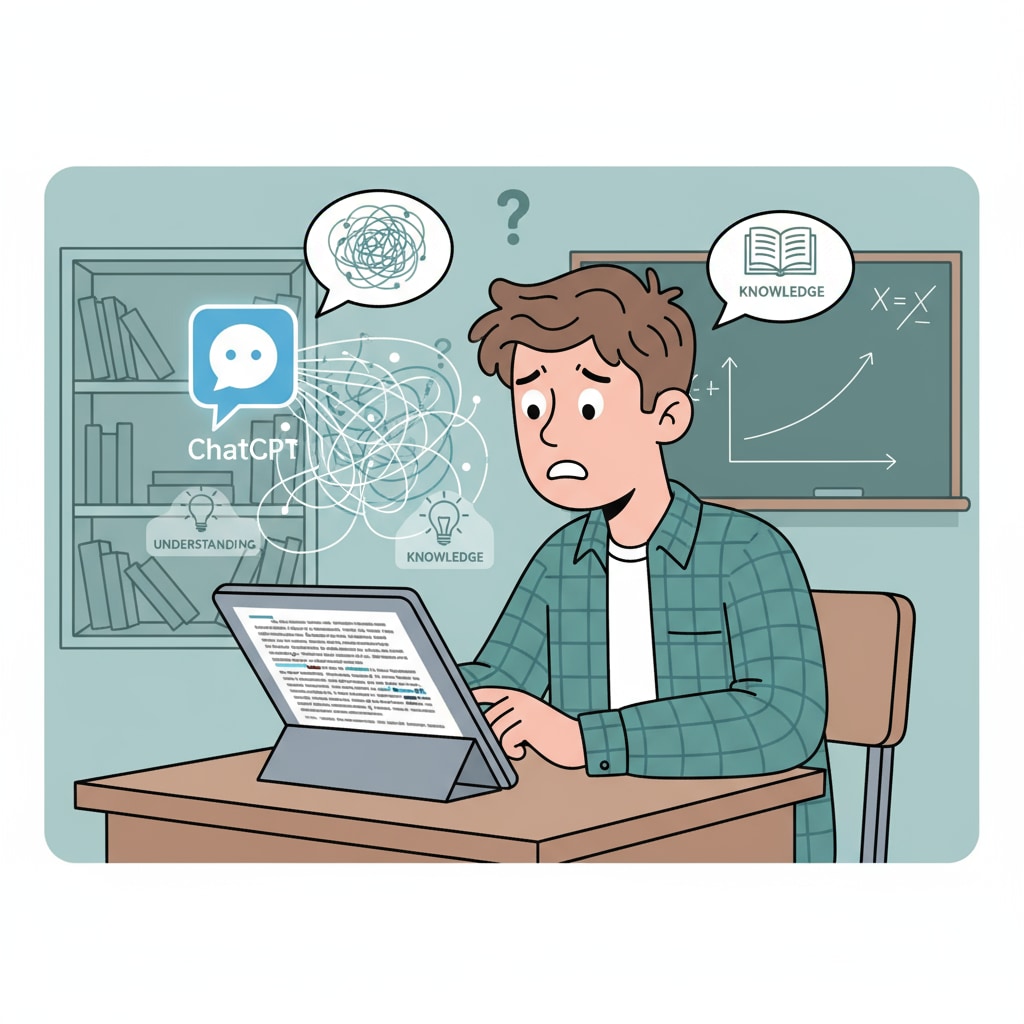ChatGPT, a powerful artificial intelligence tool, has become a cause for concern in the field of education due to its potential for being misused as a cheating tool. As this technology spreads among students, K12 education is facing an unprecedented integrity crisis.

The Current State of ChatGPT-Assisted Cheating
The use of ChatGPT for cheating in K12 education has become increasingly prevalent. Students are finding ways to utilize this tool to complete assignments, write essays, and solve problems without putting in the necessary effort. For example, some students submit essays generated by ChatGPT as their own work, bypassing the learning process. According to Educause, many educators have reported suspiciously perfect assignments that are likely the result of AI assistance. This not only undermines the fairness of the educational system but also hinders students’ true learning and development.
The Threats to the Essence of Education
ChatGPT-assisted cheating poses significant threats to the very nature of education. One major concern is that it erodes the concept of academic integrity. When students cheat using AI, they are not demonstrating their true knowledge and skills, which defeats the purpose of assessment. Moreover, it prevents students from developing critical thinking, problem-solving, and creativity, which are essential for their future success. As the National Education Association emphasizes, education is about fostering well-rounded individuals, and cheating with ChatGPT goes against this fundamental goal.

Another threat is the impact on the teacher-student relationship. Educators rely on assessments to understand students’ progress and provide appropriate guidance. When cheating occurs, it becomes difficult for teachers to accurately gauge students’ abilities and meet their educational needs. This can lead to a breakdown in trust and a less effective learning environment.
Strategies for Educators to Address the Challenge
Educators play a crucial role in combating ChatGPT-assisted cheating. Firstly, they need to educate students about the importance of academic integrity and the negative consequences of cheating. By having open discussions and implementing clear policies, students can be made aware of the ethical implications. Secondly, educators can adapt their teaching methods to focus more on hands-on activities, group projects, and in-class discussions, which are more difficult to cheat on using AI. Additionally, they can use plagiarism detection tools and other technologies to identify suspicious work. However, it’s important to note that these tools may not always be foolproof, so a combination of strategies is necessary.
In conclusion, the issue of ChatGPT being misused as a cheating tool in K12 education is a complex and pressing concern. Educators, students, and parents need to work together to raise awareness, enforce academic integrity, and find innovative ways to ensure that technology enhances rather than undermines the learning experience.
Readability guidance: The content is presented in short paragraphs and lists to enhance clarity. Key points are summarized under each H2. The use of passive语态 is minimized, and transition words like ‘for example’, ‘moreover’, and ‘additionally’ are used to improve flow.


